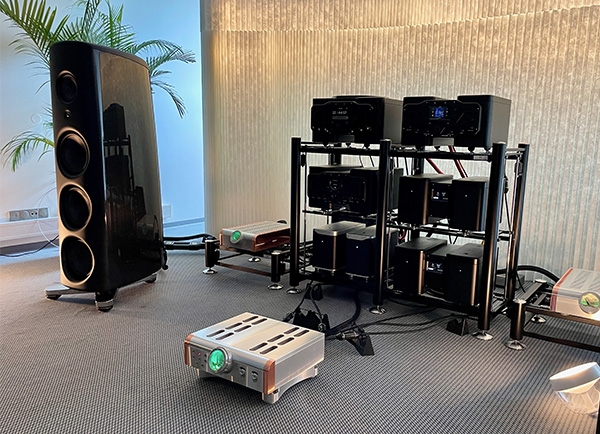DSJR
Major Contributor
Not so sure and with respect. Tinnitus removes a huge amount of audible dynamic range to the listener (first hand sufferer here!) and my wife can easily hear things going on in the background that are forever lost to me, even with hearing aids giving estimated 20dB or so boost at 5 - 7kHz or so and I believe any male over 50 will have a limited hf range over 13kHz I'm certain.Believe me, me, my 50 years old hearing and my 8 years of suffering of tinnitus can tell one chip from the other.
My 2012 dac for a fiver matchbox 'sounds' absolutely fine on red book material, limited mainly by a lower output. I kind of felt/imagined it wasn't quite as 'clean' as my other digital sources and the Fiio Taishan I first replaced it with had, as well as a more contemporary output level, what I felt was a slightly cleaner tone (no proper comparisons made so ignore accordingly and technically, not sure how much 'better' the taishan actually is/was). The SU1 currently in this second rig just gets on with it and as I can hear into recordings easily and hear production differences, I've stopped any form of subjective analysis as at my stage of life and away from the industry now, I find it boring to be honest

